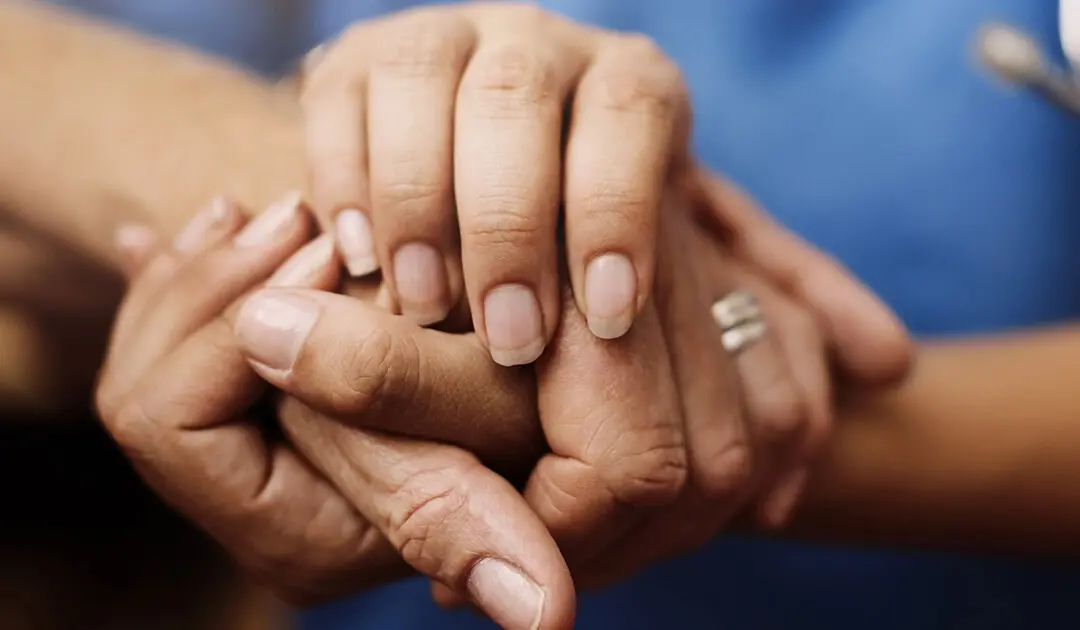Powerful Simplicity

A few days ago, I finished my fourth reading of The Unthinkable: Who Survives When Disaster Strikes—and Why by Amanda Ripley. This inspiring mix of narrative, science, and participatory journalism clearly reinforces the information, concepts, and skills CPI has taught in all of our training programs for over a quarter century.
Ripley is an award-winning writer on homeland security for Time magazine. Her writing style is riveting. The Unthinkable summarizes her extraordinary, sensitive, and thoughtful interviews with survivors from every imaginable and even unthinkable type of crisis. She then backs up this rather extensive collection of anecdotal evidence with respected and credible research. She further verifies her findings with state-of-the-art testimony on best practices from leading emergency-response organizations.
Like the information and skills taught in CPI training programs, this information could someday save a life.
Ripley confirms my own beliefs, observations, and professional experience in responding to emergencies throughout the world. The Unthinkable clearly supports what CPI Global Professional Instructors teach others in every one of our training programs day in and day out:
During crisis situations, simple and clear guidelines for directing our decisions and actions work best.
Human behavior during any crisis may be much different than we might expect. Contrary to popular belief, most people are resilient. They seldom respond completely irrationally during crises. We’ve all seen headlines about people panicking or becoming hysterical during emergencies. The reality is that individuals experience both productive and unproductive responses to crises.
In the immediate moments following a crisis, people frequently experience anxiety, fear, confusion, and disbelief. Hysteria and panic are rarely seen. While the situation may be abnormal, in general people’s reactions are not.
A far more common reaction is for affected individuals to first attempt to ensure their own safety and welfare. Many will then make every effort to help others. This behavior has been well documented in high-profile emergencies worldwide. This occurred in the immediate aftermaths of both the Columbine and Virginia Tech shootings.
Productive responses during an emergency include a sudden increase in physical strength and sensory acuity and a dramatic decrease in reaction time. This is especially true when the involved individuals have been properly trained in response procedures. Some of the more unproductive responses may include overreactions that may result in an inappropriate response. People sometimes freeze when they should be taking action.
I invite our Certified Instructors to offer specific examples of simple CPI lessons and messages that came to mind the last time you dealt with difficult or challenging behavior in your life or work. These examples could someday save a life.
Schedule a Consultation
Learn how CPI’s training programs can benefit your organization.
Let's Connect